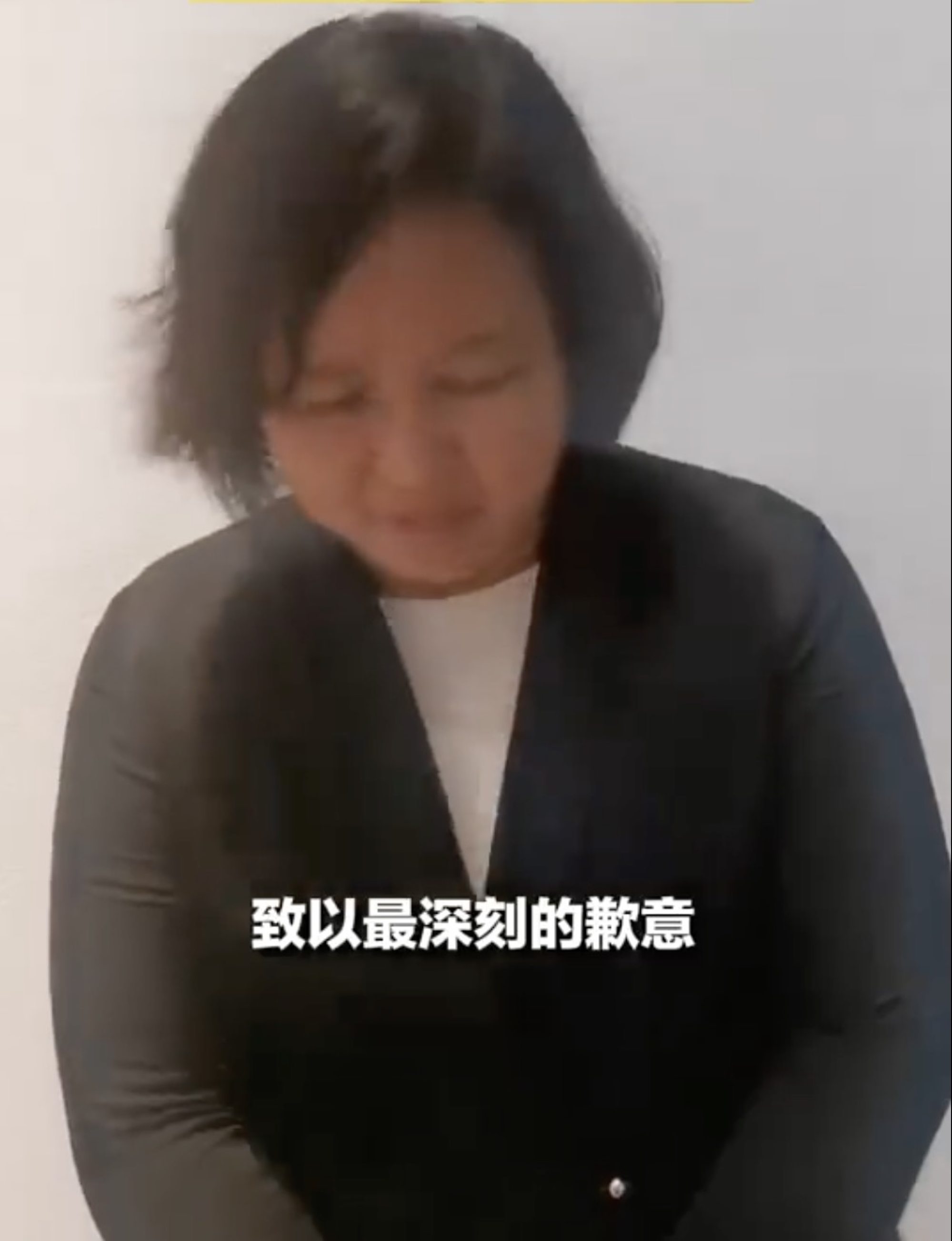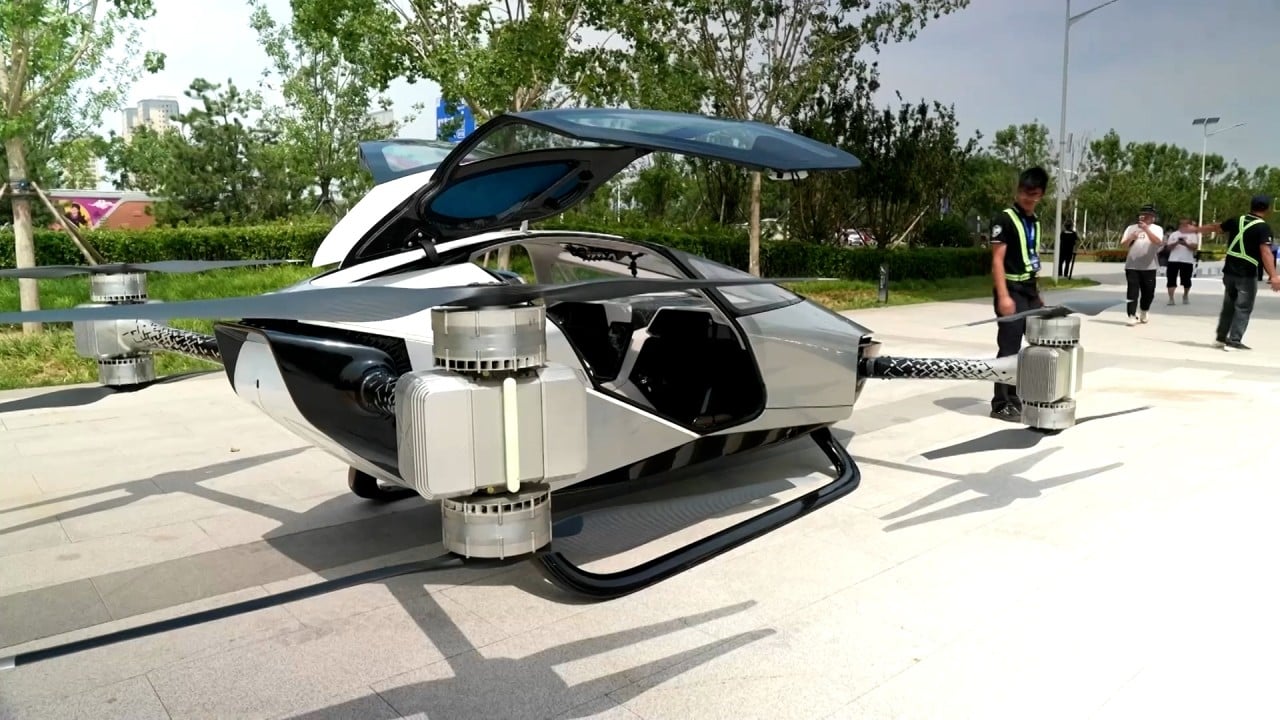APSCO is an inter-governmental organisation based in Beijing that promotes multilateral cooperation in space technology and applications in the Asia-Pacific region. There are eight member states – China, Bangladesh, Iran, Mongolia, Pakistan, Peru, Thailand and Turkey – according to its website.
Initial investigation by Beijing police found Yu had violated rules by parking in the road and refusing to move the car.
In a statement on Wednesday, police said the investigation also found Yu had insulted people and made inappropriate remarks, resulting in a negative social impact. It added that she was fined “according to law”, without saying how much the penalty was.
The police statement said officers were investigating other alleged violations, including illegally breeding dogs.

Yu issued an apology on Wednesday night.
“Due to my wrongdoings on June 16, which have had an extremely negative social impact, the general public has sincerely criticised me. After serious reflection, I offer a deep self-examination and a sincere apology to everyone,” Yu said while bowing in apology in a video on Wednesday.
She said her actions had negatively affected the international organisation she was affiliated with.
However, Yu’s apology and punishment were not received well by some internet users.
“It is useless to bow and apologise for your true colours being exposed,” an online user said on Weibo, China’s X-like blog platform.
“Given that she is emphasising her privilege, even when she knows being recorded, one can imagine how arrogant her usual behaviour must be,” another wrote.
In addition to drawing attention to the driver’s behaviour, the incident also sheds light on how far diplomatic immunity goes.
Diplomatic vehicles are afforded privileges, including immunity from being searched, requisitioned and detained, according to a Chinese government guide to diplomatic vehicles and related credentials posted on the foreign ministry’s website.
However, drivers are not immune from investigation and fines when breaking the law, according to a guideline issued by the foreign ministry in 2017.








